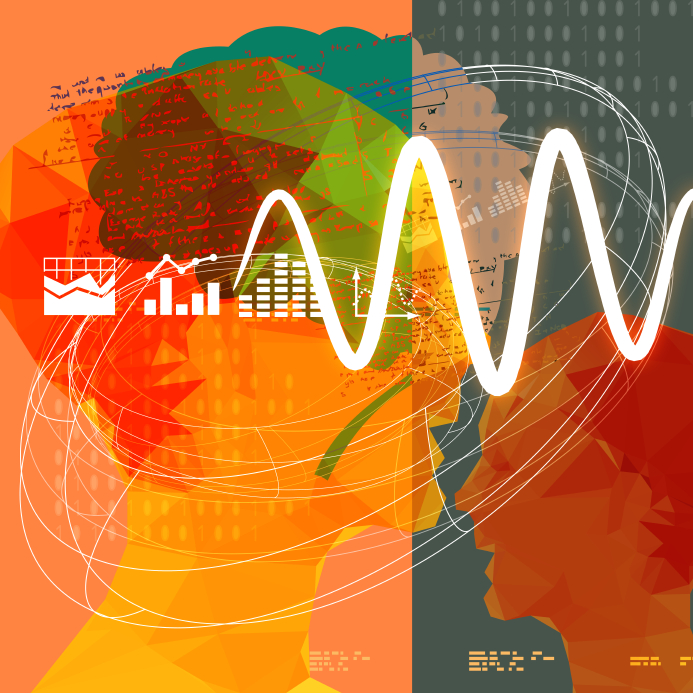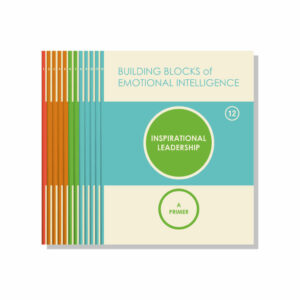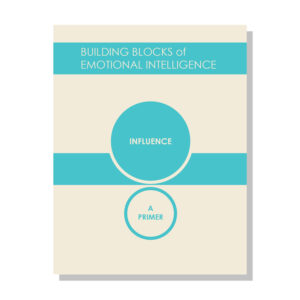
How many voices chatter inside your head—especially during moments of stress? How often do they speak over each other—over you? All these voices, like guests who pop up unexpectedly to your house, demand attention. At times they are useful, for example, these voices help us intentionally look at a problem and come up with creative solutions, such as how best to navigate a difficult relationship with a new client. Sometimes they’re not helpful, and can keep us caught in a loop of repeating thoughts—we might relive a conversation from the previous day over and over again. In other words, productive mind wandering is different than what often happens—mindless chatter and unhelpful rumination.
Particularly in moments of stress, or in the face of a setback or unexpected news, unplanned guests may storm the various rooms inside our heads, each voicing their opinions about what we should feel and how we might respond to a difficult situation. Be upset. Be generous. Be angry. Be elated. Without emotional awareness or regulation, the guests in our heads can easily turn a civilized tea party into an out-of-control rager.
These guests in our head often mill about unattended, and sometimes, undisciplined. Matt Killingsworth’s study found that 47% of the time our minds wander, mostly worried about and anticipating what’s to come, or ruminating about the past and what we coulda/shoulda/woulda. The good news: there is increasingly substantive research on how mindfulness can help us to focus on the present moment rather than get stuck in what was or what might be. Some of this research is documented in Daniel Goleman and Richard J. Davidson’s book, Altered Traits.
Mindfulness certainly helps in situations in which the unexpected guests in our head demand so much attention that we become overwhelmed. It enables us to reduce mind wandering and focus better. We can also more effectively manage our triggers. However, as Matt Lippincott and Goleman note, we need more than awareness of our triggers. Otherwise, while we might be fully aware of these guests in our heads, we don’t know how to contain their energy. Without the other competencies of Emotional Intelligence, such as emotional balance and empathy, these guests can overwhelm us.
Whether at work or at home, practicing EI in real life is not easy. Yet without EI, the unexpected guests might overstay their welcome, causing disruption or longer-term harm to the integrity of the house. Mindfulness can encourage awareness and non-judgmental curiosity about the guests and allow us to observe them without falling down a rabbit hole of rumination. With greater self-awareness and self-management, we become more able to attend to each guest without pretending they don’t exist or trying to deny them entry. As studies have shown, suppression or avoidance of emotions and feelings generally result in the opposite of what we want—they eventually surface with even greater fury and demand for attention.
Contrary to some misconceptions, mindfulness and Emotional Intelligence don’t require that we “forgive and forget” when we are negatively impacted or triggered. The impact is still an impact. Mindfulness and Emotional Intelligence offer us the tools to better manage how much we are impacted. Self-awareness helps us pay attention to the guests inside our heads without being held captive by them. Self-management enables us to not get carried away such that we forget that we are in control of which voices get to stay. Social awareness and relationship management offer us the capacity to navigate challenging dynamics with others. By practicing these competencies, we can intentionally shift from fruitless rumination to self-reflection.
We have the capacity to choose which guests inside our heads get to stay and which we release so they don’t occupy unnecessary real estate inside our heads. Then we can allow our own inner voice to speak with greater clarity and calm.








